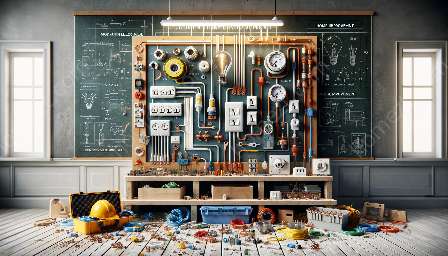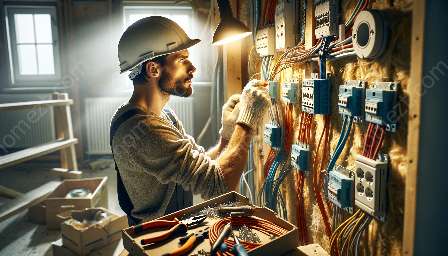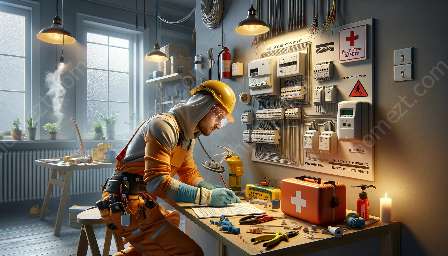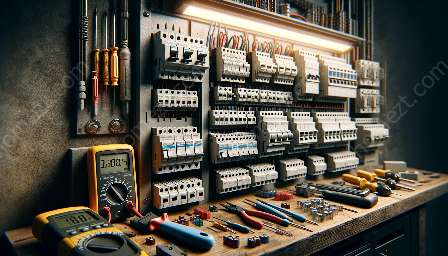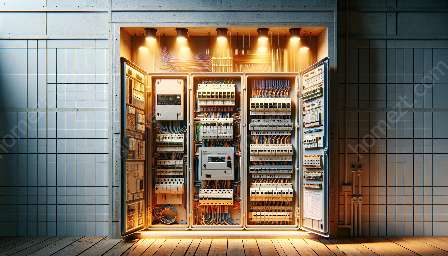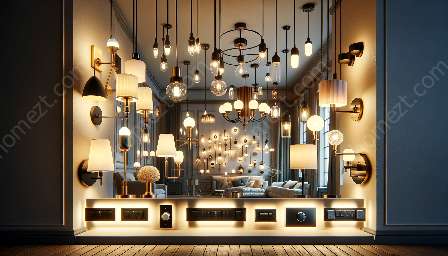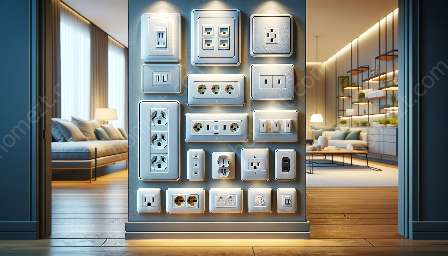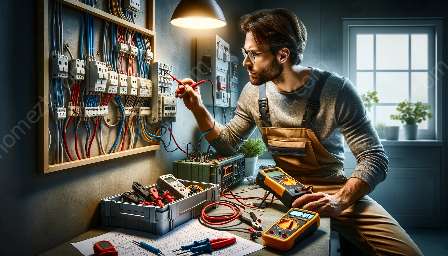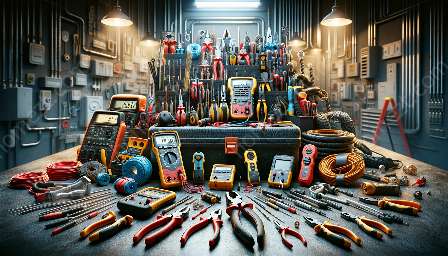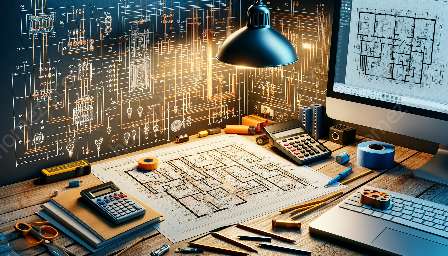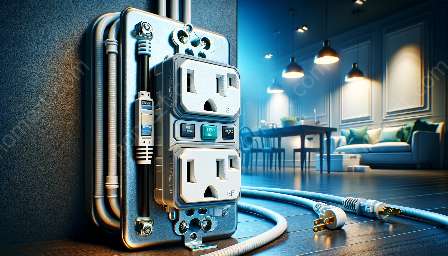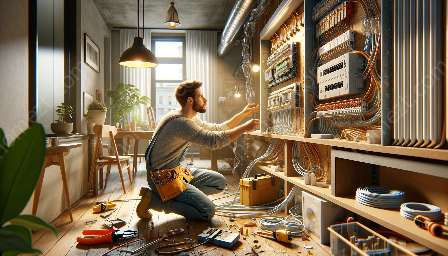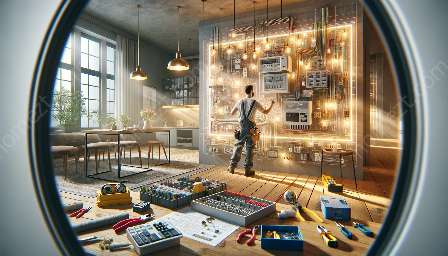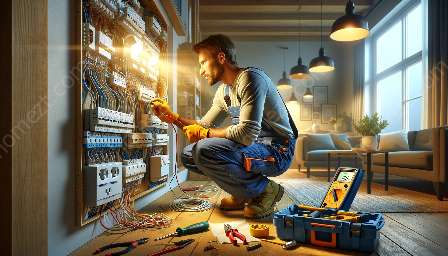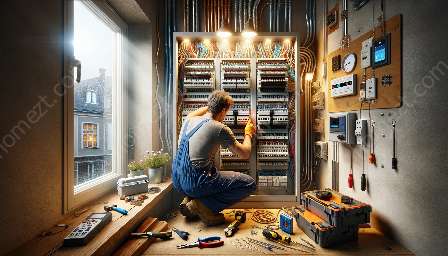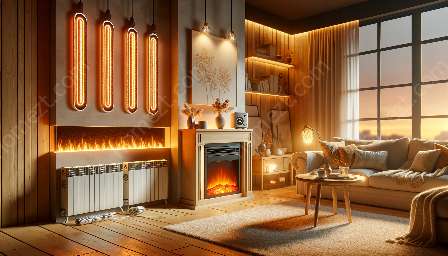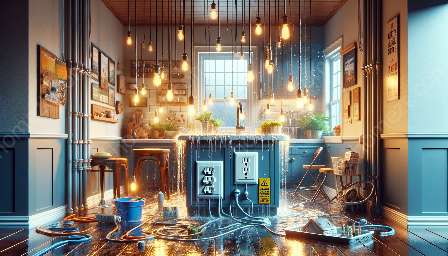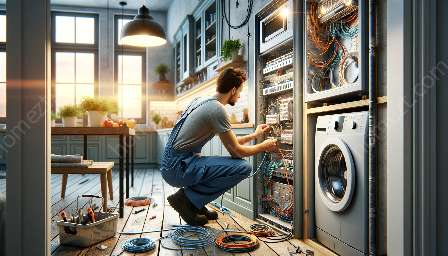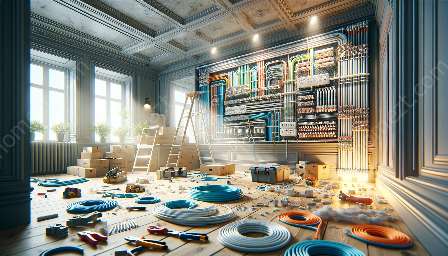Are you considering upgrading your home's electrical panel? This important aspect of home improvement is crucial for ensuring the safety and functionality of your electrical system. In this comprehensive guide, we will explore the benefits of electrical panel upgrades, the signs that it's time for an upgrade, the process involved, and how it can enhance your home's electrical and overall improvement.
Why Upgrade Your Electrical Panel?
Your electrical panel, also known as a breaker box or distribution board, is the central control system for distributing electricity throughout your home. Over time, technological advancements and an increase in electrical consumption may render older panels inadequate to meet the heightened demand for power. Upgrading your panel can address these challenges and provide several benefits:
- Enhanced Safety: Upgrading to a modern electrical panel reduces the risk of overloading, short circuits, and electrical fires, improving the overall safety of your home.
- Increased Capacity: Older panels may not have the capacity to support the electrical needs of modern homes. Upgrading allows for sufficient power to support new appliances, electronics, and other devices.
- Improved Energy Efficiency: Upgraded panels often come with modern features that can improve energy efficiency, leading to potential cost savings on your energy bills.
- Home Value: An upgraded electrical panel can increase the value of your home, making it more attractive to potential buyers.
Signs That It's Time for an Upgrade
Knowing when to upgrade your electrical panel is crucial for maintaining a safe and efficient electrical system. Look out for the following signs that indicate it may be time for an upgrade:
- Frequent Circuit Breaker Trips: If your circuit breakers trip frequently, it may be a sign that your electrical panel is struggling to handle the electrical load.
- Outdated Panel: If your electrical panel is several decades old and has not been updated, it may not meet current safety standards and capacity requirements.
- Aluminum Wiring: Homes built in the 1960s and 1970s may have aluminum wiring, which can be a fire hazard and is often not compatible with modern electrical panels.
- Addition of New Appliances or Renovations: Adding new appliances or undertaking home renovations may require increased electrical capacity, which your current panel may not accommodate.
The Process of Upgrading Your Electrical Panel
Upgrading your electrical panel is a complex task that should be carried out by a licensed and experienced electrician. The general process includes:
- Assessment: An electrician will assess your current electrical system and recommend an appropriate panel upgrade based on your home's specific needs.
- Permitting: Depending on local regulations, obtaining permits may be necessary before the upgrade can commence.
- Installation: The electrician will disconnect the power, remove the old panel, install the new panel, and connect the circuits to the new panel.
- Inspection: A final inspection is conducted to ensure that the upgrade meets safety and code requirements.
Enhancing Your Home's Electrical and Overall Improvement
Once you've upgraded your electrical panel, you'll likely notice immediate improvements in the safety and functionality of your electrical system. This upgrade can also enhance your overall home improvement projects by providing the necessary power for any additional renovations or new installations. Whether it's installing new lighting fixtures, upgrading your kitchen appliances, or adding a home theater system, an upgraded electrical panel ensures that your home can support these enhancements without compromising safety or performance.
In conclusion, an electrical panel upgrade is a valuable investment that enhances the safety, capacity, and efficiency of your home's electrical system. By recognizing the signs that it's time for an upgrade and understanding the process involved, you can make informed decisions to improve your home's electrical and overall improvement. Consult with a qualified electrician to assess your specific needs and take the first step towards a safer and more functional electrical system.

